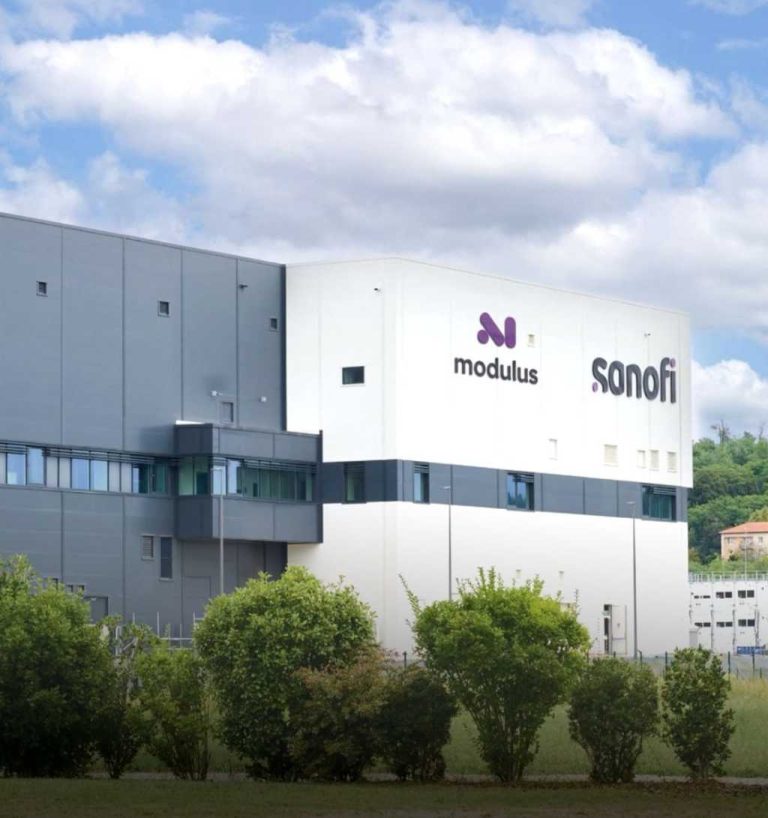“This year we took a step further in creating our Global Hub, which will result in over 300 high quality jobs,” Perez says. “This new center was created with the aim of encouraging the development of innovative therapies through responsible use of AI.”
From this centre, they are working on strategic projects applying AI across the value chain, focusing on areas such as real-world evidence generation (RWE), clinical analysis and statistical programming, scientific and R&D support, and development of predictive models for logistics and supply chains. “Everything we do from this centre has a common goal: to provide a faster, more accurate, sustainable response to global health needs, and to transform the future of medicine by combining science, technology and data,” adds Perez.
Beware of AI regulations
According to Pérez, August 1 will be marked a year after the EU AI Act came into effect, providing legal certainty and building trust in sectors where traceability, transparency and data quality are fundamental. However, the pace of healthcare innovation is fast, and therefore a regulatory framework is needed to support this advancement. “The European Drug Administration (EMA) future guidelines and initiatives such as a regulated testing environment can facilitate the validation of innovative AI-based solutions under controlled and safe conditions,” says Pérez. “And more than anything, close cooperation between institutions, the private sector and patient organizations is key to Europe leading the digital transformation of healthcare with responsibility and ambition.”

